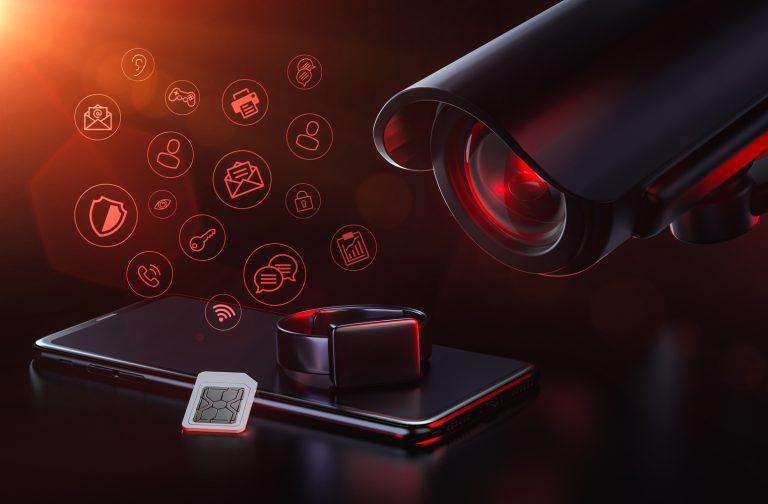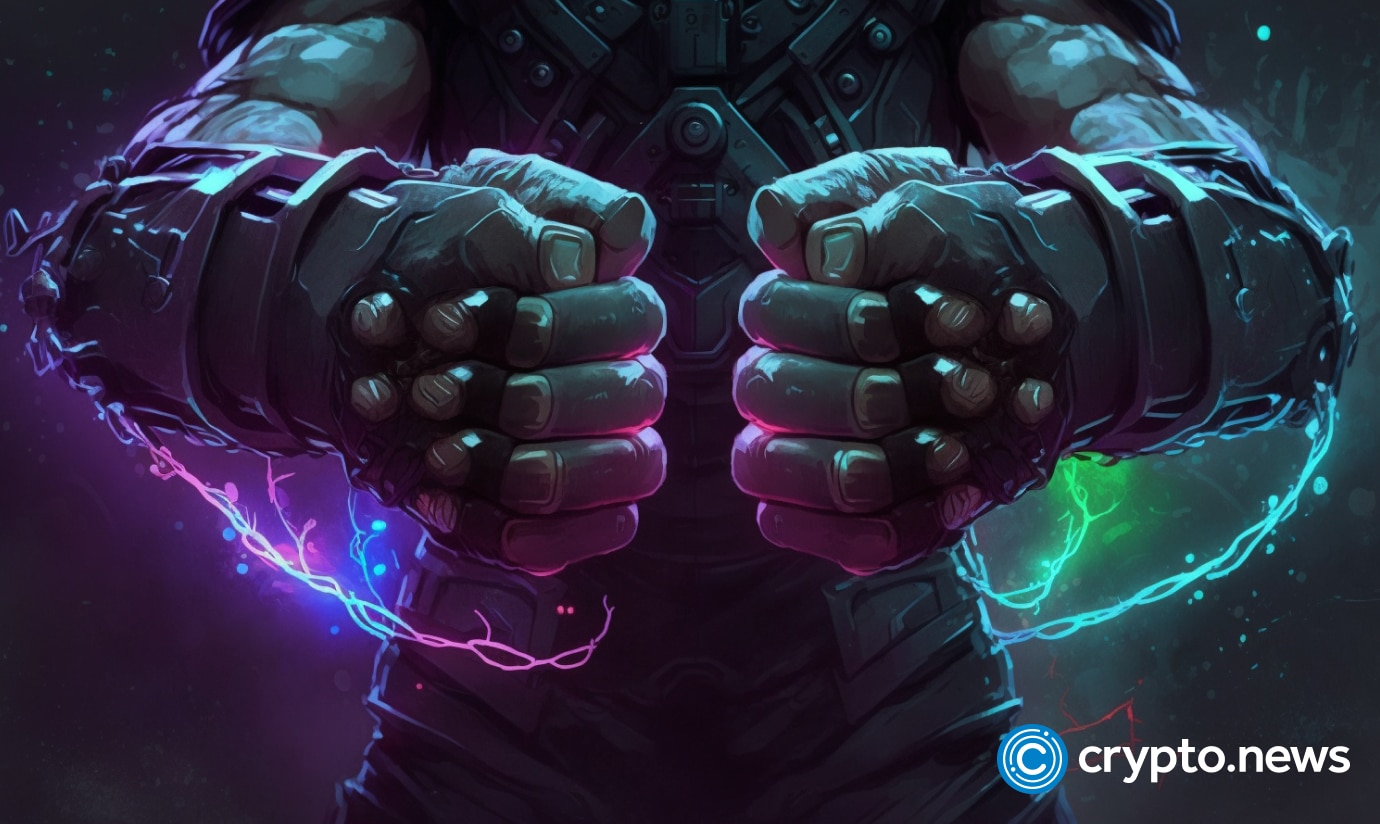2020-2-3 08:28 |
Coinspeaker
Encryption Ban in United States Threats Telegram, Whatsapp, Signal and Threema
Companies like Apple, Google and Telegram could soon face anti-encryption demands from the government. Democrats and Republicans within the Senate support the new draft bill. They call it the Eliminating Abusive and Rampant Neglect of Interactive Technologies (EARN IT) Act. Thanks to the act, the law enforcement agencies will read communications of people thanks to the presumable encryption ban. In such a case, anyone outside the NSA will see what you send via messengers with ‘build-in end-to-end encryption’.
The secret services already have the decryption keys from a set of software products. However, they have to spend money and talent on breaking into different apps unwilling to cooperate. For instance, the Telegram messenger is the favorite one among crypto users for its privacy features. There are no confirmed cases of Telegram break without the sim-swapping or traffic decryption.
After the ban on encryption, the government will have the ability to browse any chats, with full juridical basis. They present EARN IT act as the tool for fighting child pornography distribution. The companies running cloud servers have some juridical protection right now. Because, thanks to encryption, most of the companies don’t have access to the user’s files and documents.
But the official aim of the bill is to create a special commission that will develop ‘best practices’ for the telecom providers to follow:
“The purpose of the Commission is to develop recommended best practices for providers of interactive computer services regarding the prevention of online child exploitation conduct.”
It seems like the U.S. version of the Russian RosKomNadzor agency. It bans websites Russia-wide based on the content type. That agency, despite clean and useful goals, gained a bad reputation among the Russians. It has a habit of banning useful websites together with bad ones.
Section 230 of CDA Guarding the Virtual Hosting ProvidersRight now, section 230 of the Communications Decency Act guards the right of computer companies. They have an immunity regarding the content published by the users. If the new act passes the hearings, then section 230 would stop operating. Companies providing “interactive computer service” will have to insert backdoors and other spyware onto the servers. Otherwise, they will lose the license because of ‘child porn support’ or whatever other reason.
Since its inception, Section 230 of CDA was helping the economy grow. It is one of the main reasons behind the will of big tech companies to situate in the U.S. Berin Szoka, from the Tech Freedom explains possible outcomes regarding future court challenges and more:
“Signal, Telegram, and Whatsapp all could no longer exist in their current form. All would be required to build in backdoors for law enforcement because all could be accused of ‘recklessly’ designing their products to make it impossible for the operators or law enforcement to stop CSAM sharing. The same could happen for age verification mechanisms. It’s the worst kind of indirect regulation. And because of the crazy way it’s done, it could be hard to challenge in court.”
Interesting to note that Section 230 is something that never really shielded the cloud services and website operators. They always helped child porn investigations made by the U.S. However, the new bill adds more of legal obligations to the service providers who didn’t manage to spy well on the clients:
“The Graham bill would create broad new legal risks by lowering the (actual) knowledge requirement from “knowingly” to “recklessly” (which would include an after-the-fact assessment of what the company “should have known”) and amending Section 230 to authorize both criminal prosecution and civil suits under state law. For the first time, operators could be sued by plaintiff’s lawyers in class-action suits for “reckless” decisions in designing or operating their sites/service”
The measures that the service providers will have to impose on its clients vary. It can be mandatory age verification or the full encryption ban. Generally, the bill would make it easier to prosecute the companies and operators instead of the users. Also, the company will take full responsibility for storing child porn materials on the servers.
No High Prices for iPhones?Senator Lindsey Graham presents encryption as the technology helping perverts. In reality, it is the tool people like Edward Snowden and Julian Assange use. The core component of decent computer network is encryption. Even if the bill would change the game rules, the computer community in the U.S. may show unwanted reactions. Consider how hard it would be for Apple to maintain high prices on iPhones with their famous privacy turned off.
Drug dealers, weapon lords, hackers, ICO fraudsters and, uh, even terrorists. All of them buy iPhones thanks to relevant privacy compared to Android and Windows Phone. When the criminals around the world find out that iPhones no longer protect them from the Federal Agents…
They’ll abandon buying the new versions of the phone. It is also unclear how the lawmakers plan to ban encryption in open-source software. This is the question to someone like Red Hat Linux Servers software developers. And in military communications, there is no chance of success without encrypting everything.
The hackers must be happy with the draft. Encryption is one of the things keeping them outta your inboxes.
Encryption Ban in United States Threats Telegram, Whatsapp, Signal and Threema
origin »Bitcoin price in Telegram @btc_price_every_hour
Babes and Nerds (BAN) на Currencies.ru
|
|



